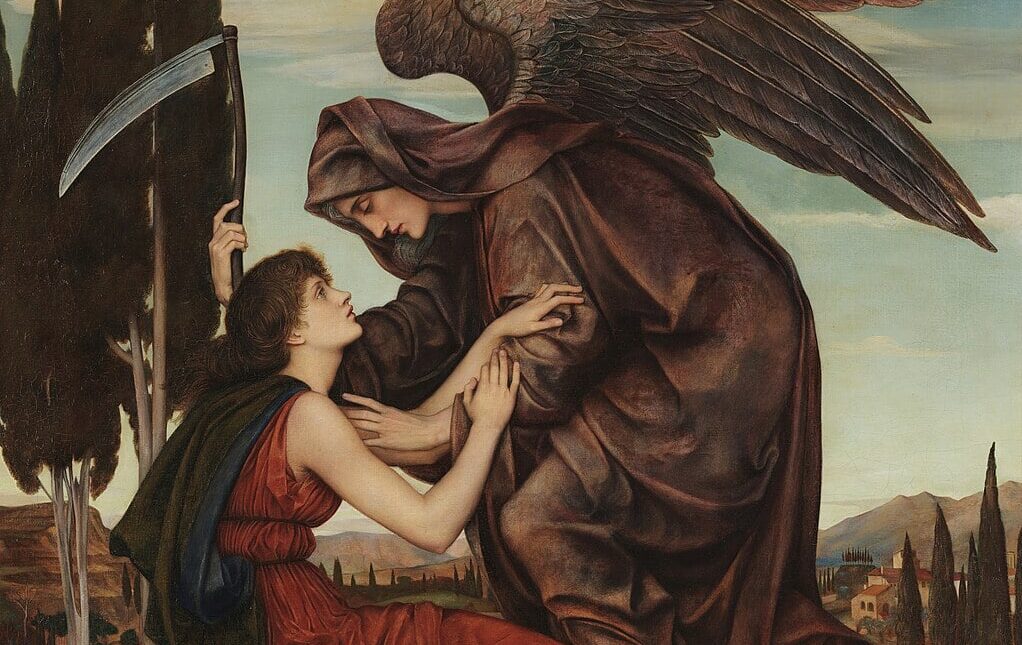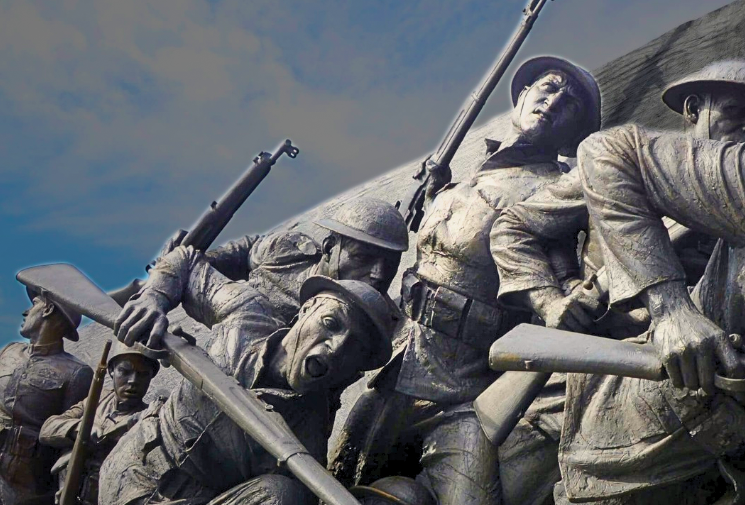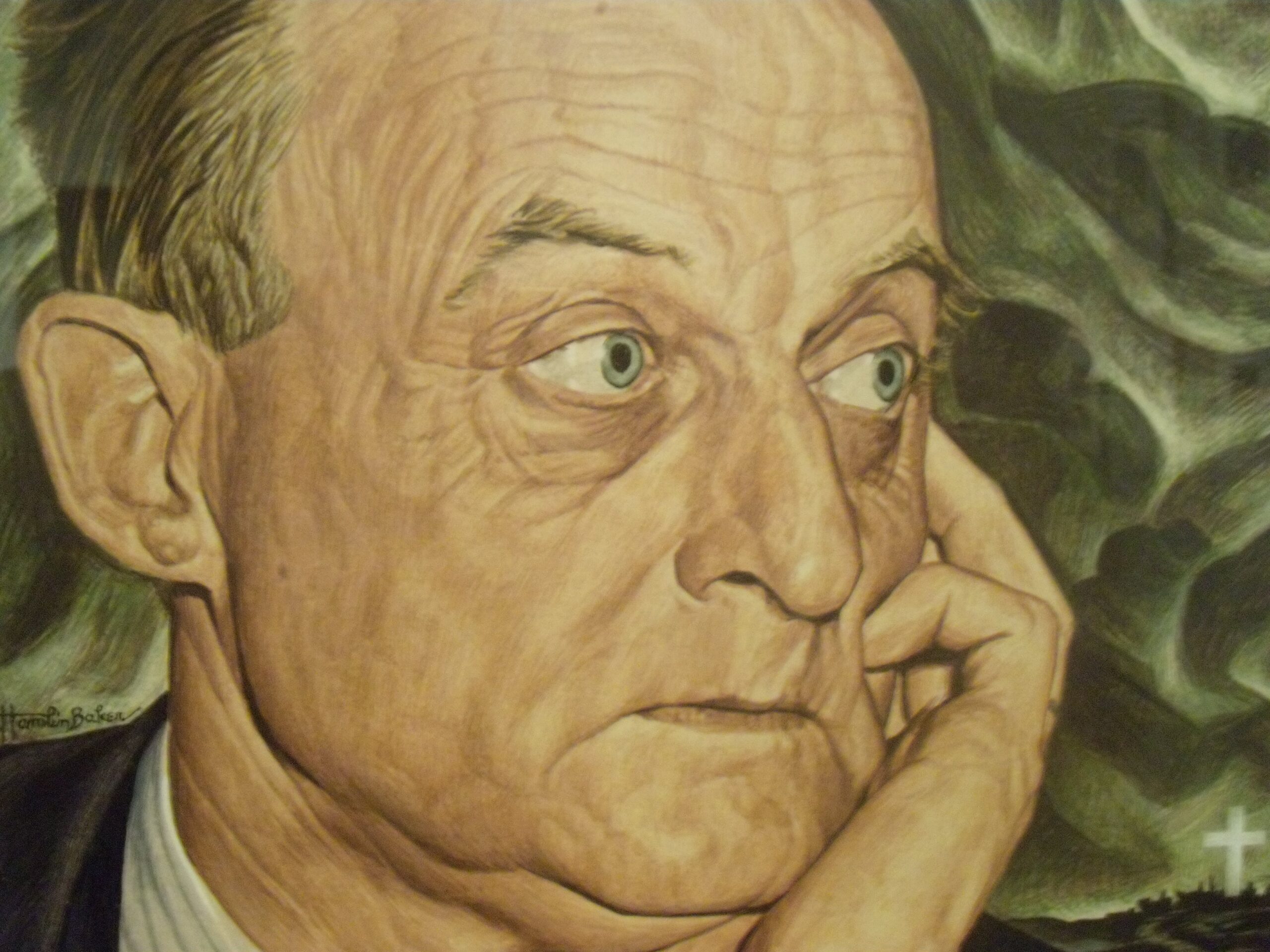The Conservative Sensibility
By George F. Will
(Hachette, 2019)
The Conservative Sensibility is, by George Will’s own account, his magnum opus. He intends this book to be the definitive articulation of conservatism. In interviews, Will recounts a (possibly apocryphal) anecdote about Margaret Thatcher’s interrupting a meeting with her cabinet by dropping F. A. Hayek’s Constitution of Liberty on the table and declaring, “This is what we believe!” Will hopes that, years from now, conservatives will do the same with his book.
As a young conservative, I found his survey illuminating and provocative in equal measure. Whether or not his book achieves Hayek-esque immortality, Will attempts to show how conservatism as he understands it is superior to all other political philosophies, particularly progressivism. He also goes to great lengths to distinguish American conservatism from non-American forms. “The proper question for conservatives is: What do you seek to conserve? The proper answer is concise but deceptively simple: We seek to conserve the American founding.”
This will puzzle many readers because the roots of political conservatism are not obviously American. The Declaration of Independence and the Constitution outline a set of normative values and positive rights, whereas historical conservatism is somewhat more dispositional. Will’s definition also leaves in limbo American characteristics revered by conservatives that developed before the Founding. Tocqueville’s famous account of voluntary associations and township democracy describes institutions and practices in place before 1776.
Will anticipates that this claim might come as a surprise to at least a portion of his readers: “Although it distresses some American conservatives to be told this, American conservatism has little in common with European conservatism, which is descended from, and often is still tainted by, throne-and-altar, blood-and-soil nostalgia, irrationality, and tribalism.” According to Will, “American conservatives are the custodians of the classical liberal tradition.”
This goes somewhat beyond Hayek’s famous claim that, in America, “it might not make so much difference if the defenders of freedom call themselves conservatives.” Will’s assertion that American conservatism is the modern ideology most aligned with classical liberalism—and its respect for free trade and individual rights—is seductive. But there are problems.
First, Will’s claim that his political stance is to conserve the Founding implies that all that is good and great in America began and ended in that specific era—circa 1776, when the Declaration of Independence was signed, to 1789, when the United States Constitution was ratified. Yet there are many things in America’s history after that decade worthy of preservation, and many things within that decade that are condemnable. If we limit what we wish to conserve to the Founding Era, we miss Abraham Lincoln, Fredrick Douglass, Martin Luther King Jr., Susan B. Anthony, and other American heroes who fought and sacrificed to see Americans ideals of life, liberty and equality realized for all Americans.
Another problem with Will’s definition of conservatism is that the Founders did not hold monolithic views about political philosophy, human nature, and political institutions. This is made plain in any reading of primary accounts of the U.S. Constitutional Convention and by revisiting the public debates during the Founding era. Few today realize that the American Revolution was plagued with bitter and sometimes violent struggles between the factions of the political left and the political right. This reality is often supplanted with a comforting image of our irenic, pastoral—yet highly educated and thoughtful—founding framers.
Some Patriots advocated a proto-Jacobin strategy of violence. On October 4, 1779, a riot on the streets of Philadelphia broke out that could have changed the course of the American Revolution. Armed with bayonets and ready for combat, rioters marched toward the house of future U.S. Supreme Court justice James Wilson. A staunch free-marketeer, Wilson opposed the price controls the mob demanded.
Tipped off that the mob was on the move, supporters rushed to Wilson’s home to defend him. While no one knows who fired the first shot, a confrontation left five dead, fourteen wounded, and the streets stained with blood. It could have been much worse. As historian Samuel Eliot Morison observed, if James Wilson and his friends had not defended themselves so successfully, “this brawl would have been to the American Revolution what the capture of the Bastille on July 14, 1789, was to the French Revolution.”
Fear of mob attacks led the public to shift their support from the radical and violent factions of the Revolution to the conservative faction—which leads us to the other side of the spectrum. John Dickinson was perhaps the second most famous American in the world (after Benjamin Franklin). A supporter of the Revolution, Dickinson was also deeply conservative in a Burkean sense—skeptical of violence, respectful of tradition and experience, supportive of existing institutions. Yet he wrote more than a decade before Burke’s Reflections on the Revolution in France—giving Americans a claim to have invented “conservatism” before the British.
One Founding, Many Theories
The American Founding, in short, was not a product of a single philosophy. There were proto-Jacobins and proto-Burkeans, with John Adams, James Madison, Alexander Hamilton, and others in between. Will could be more attentive to the differences and tensions within the tradition he wants to conserve.
Classical liberalism—with its affirmative understanding of and respect for individual rights, liberties, and free markets—does complement dispositional conservatism’s approach to life well. It offers values and principles that can help answer questions such as when, precisely, it is justified to deviate from tradition, and in which circumstances it is just and good to dispose of a conservative temperamental, incremental approach to social change. Because, of course, there are some instances where tradition is wrong: take, for example, slavery, perhaps one of the oldest human institutions in the world. And there are examples in which a slow and incremental approach to social change would do more to perpetuate injustice rather than mitigate it: consider the supposed moderate’s plea to Martin Luther King Jr. that rather than resorting to civil disobedience he just wait for the system to grant him and his fellow African Americans civil and political rights equal to those of white Americans.
Another question is at what point something becomes tradition. When does an idea or institution become sufficiently time-tested to be worth preserving? For as long as I’ve been alive, Roe v. Wade has been the law of the land. The administrative state—which Will spends many a page dismantling—has existed since at least 1887, when the Interstate Commerce Commission was created. That is 133 years ago, nearly matching the time that had elapsed between the end of the English Civil War and the publication of Burke’s Reflections. Yet conservatives will not be defending either Roe or the ICC on the grounds of traditionalism any time soon.
So yes, conservatism must be more than a disposition. We need a set of philosophical and political tenets. As someone with classical liberal leanings, I find myself wanting to agree with Will. I see the deep need that conservatism has to be merged with a value-laden theory—and classical liberalism is a better political philosophy than most. And there is certainly no shortage of classical liberals who fall into this category of “American conservatism” broadly speaking—George Mason, Barry Goldwater, and Fredrick Hayek.
But there is also a deep-rooted understanding of conservatism as grounded in the works of the European conservative tradition, as represented by such American exponents as Russell Kirk, Richard Weaver, and George H. Nash. Does Will believe that these figures are not really conservatives? That is a hard case to make.
Deeply informed and with lucid, often characteristically biting prose, George Will’s book is sure to invigorate a necessary conversation about the definition, past, and future of American conservatism. For this we owe Will a debt of gratitude. But the meaning of conservatism wasn’t settled in 1776—or with the publication of Will’s book last year. ♦
Alexandra Hudson is a 2019 Novak Fellow writing a book on civility, civil society, and civic renewal in America.
Founded in 1957 by the great Russell Kirk, Modern Age is the forum for stimulating debate and discussion of the most important ideas of concern to conservatives of all stripes. It plays a vital role in these contentious, confusing times by applying timeless principles to the specific conditions and crises of our age—to what Kirk, in the inaugural issue, called “the great moral and social and political and economic and literary questions of the hour.” Subscribe to Modern Age »













